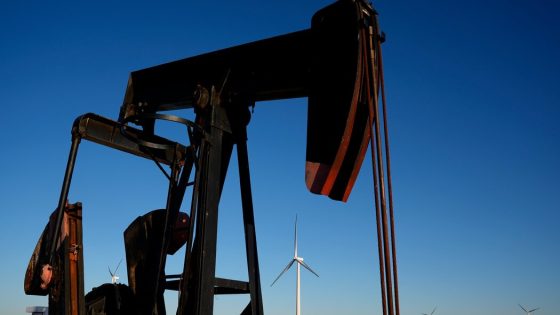On January 23, 2025, former President Donald Trump announced his plans to abandon clean energy initiatives in the united states. This decision has raised questions about its feasibility and potential impact on environmental policies amid ongoing discussions about climate change.
- Trump plans to abandon clean energy initiatives.
- 24 states commit to Paris Agreement goals.
- U.S. prioritizes national interests in agreements.
- Climate withdrawal causes rift with Big Oil.
- Impact of climate policy changes on Washington.
The announcement comes as part of a broader strategy by Trump to prioritize traditional energy sources over renewable options. His administration previously rolled back numerous environmental regulations aimed at combating climate change. Critics argue that this shift could undermine progress made by various states toward achieving their climate targets.
Key details include:
- 24 U.S. states have pledged to uphold Paris Agreement commitments despite federal changes.
- Trump’s approach contrasts with actions taken by major oil companies who are increasingly investing in sustainable practices.
- The implications of abandoning clean energy could affect both domestic policy and international relations regarding climate agreements.
This move has sparked debate within the political landscape, as many state leaders express their commitment to maintaining environmental standards regardless of federal direction. For instance, some governors have indicated they will continue pursuing renewable energy projects and emissions reductions independently of federal policy shifts.
The potential abandonment of clean energy by Trump raises significant questions about future environmental strategies in the U.S., particularly as many states strive for sustainability goals. The outcome may set a precedent for how federal and state policies align or diverge in addressing climate change challenges moving forward.





























